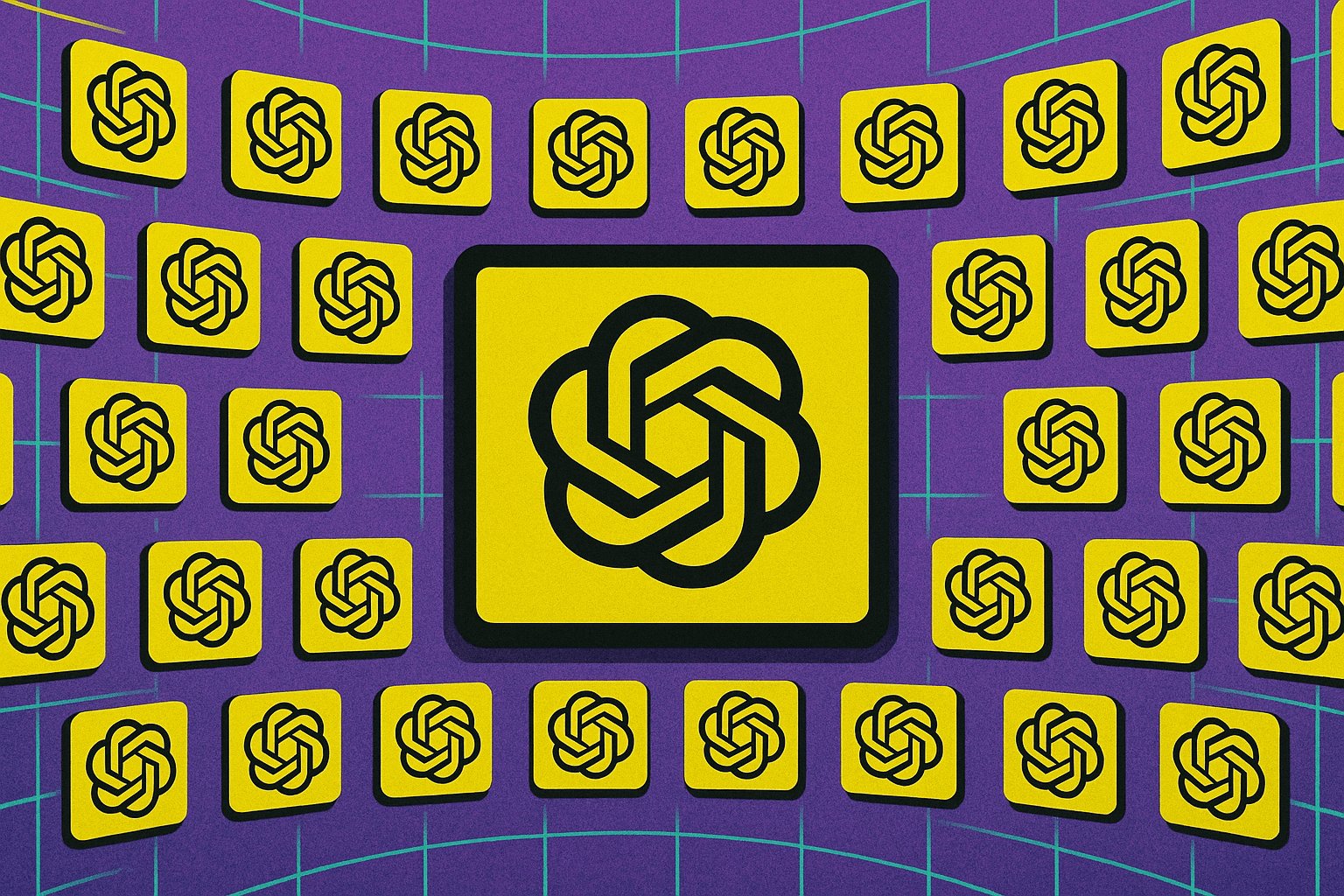OpenAI says your routine work is too mundane for you to notice how fast AI is advancing

OpenAI says most people still see artificial intelligence as little more than chatbots or advanced search, even as the underlying technology moves ahead quickly.
In a recent blog post, the company claims that current AI systems can already solve problems that used to take experts hours—likely referring to recent achievements in math and coding olympiads. OpenAI anticipates modest AI-driven discoveries by 2026, with more significant breakthroughs expected by 2028.
A major factor, according to OpenAI, is the rapid decrease in computing costs. The company reports a 40-fold annual drop in the "price per intelligence unit." If this trend continues, tasks that once required weeks of human effort could soon be automated.
"We expect to have systems that can do tasks that take a person days or weeks soon; we do not know how to think about systems that can do tasks that would take a person centuries."
OpenAI
OpenAI concedes its own models are still "spikey"—sometimes impressive, but not yet reliable—and face "serious weaknesses." At the same time, the company notes that current systems "outperform the smartest humans" in certain domains.
The blog post appears as concerns mount about a possible AI investment bubble, with companies taking on significant debt to build out infrastructure in hopes that today's promises will eventually be realized.
On safety, OpenAI calls for stronger public oversight, ongoing impact monitoring, and the development of a global "AI resilience ecosystem" modeled on cybersecurity to address the risks from more powerful models. The company emphasizes responsible development and encourages research labs to share safety research and adopt shared safety standards. Future superintelligent systems could pose catastrophic risks if deployed without proven safeguards, OpenAI warns.
AI News Without the Hype – Curated by Humans
As a THE DECODER subscriber, you get ad-free reading, our weekly AI newsletter, the exclusive "AI Radar" Frontier Report 6× per year, access to comments, and our complete archive.
Subscribe nowAI news without the hype
Curated by humans.
- Over 20 percent launch discount.
- Read without distractions – no Google ads.
- Access to comments and community discussions.
- Weekly AI newsletter.
- 6 times a year: “AI Radar” – deep dives on key AI topics.
- Up to 25 % off on KI Pro online events.
- Access to our full ten-year archive.
- Get the latest AI news from The Decoder.